
Trees on the Roof is modern single family residence designed to bring the outside indoors by Meditch Murphey Architects, located in Chevy Chase, Maryland. Situated on a tight urban site, the house is surrounded by a lush fully developed tree canopy at the roof level which we wanted to be able to inhabit. So nestling into this canopy and developing the roof scape underneath it drove the design.
The roof is home to planters large enough to support twenty foot trees and a garden with soil deep enough to grow broccoli, cauliflower and tomatoes. Several balconies and sitting areas snuggle under the canopies. And, of course, there’s a solar array.

Natural passive systems were employed including natural shading, day lighting, and natural ventilation. So in addition to geo-thermal, solar panels, a TRV, radiant heating, super-insulation and green materials throughout, we can expect a substantial fall harvest from the rooftop.

The architects wanted to save water by utilizing a 1,500-gallon cistern, drought-tolerant plants, a rain garden, and pervious paving. They also wanted flexibility. The house transitions from one to four bedrooms by converting multipurpose spaces. The first floor is 100% ADA adaptable and visitor accessible, promoting “aging in place.”

Carbon impact was reduced by using super-insulated walls and roofs, geothermal wells, 6KW solar array, LED lighting, and an electric car (solar-powered). The architects educated the public by offering pre- and post-construction tours. Vocational school students learned deconstruction methods when removing the dilapidated, existing house previously residing on the site.

The L-shaped plan simultaneously creates spaces that receive light from multiple sides while promoting cross-ventilation. High ceilings and expansive operable glazing seamlessly integrate indoor spaces with the outdoors, while an indoor garden enlivens the stair tower year-round. The stair core also functions as a passive air chimney. Computer-controlled exterior louvers defeat solar gain in summer and optimize passive solar heating in winter.
The living room was designed as a kind of greenhouse – one that could open up completely to the outside.

The kitchen opens out to a raised herb garden.


Clerestories allow light in but not the view.

This vine reaches all three floors.

Two of the baths are complete showers with decking floor boards through which the water drains away.






The form of the building and its landscape are sculpted to store, filter, and reuse rainwater. Rooftop planters and vegetable gardens provide thermal protection, storm-water management, an abundance of seasonal food, and a bird’s-eye retreat.
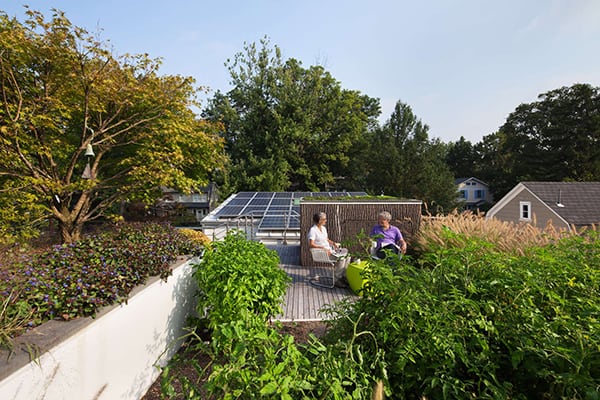
The house’s walkability credentials are supported by nearby shops and public transportation. Integrated bike racks encourage homeowners to skip the car and start pedaling.

Can you see the glass floor in the living room – it’s designed to bring light to the lower level.


A studio space on the ground level.
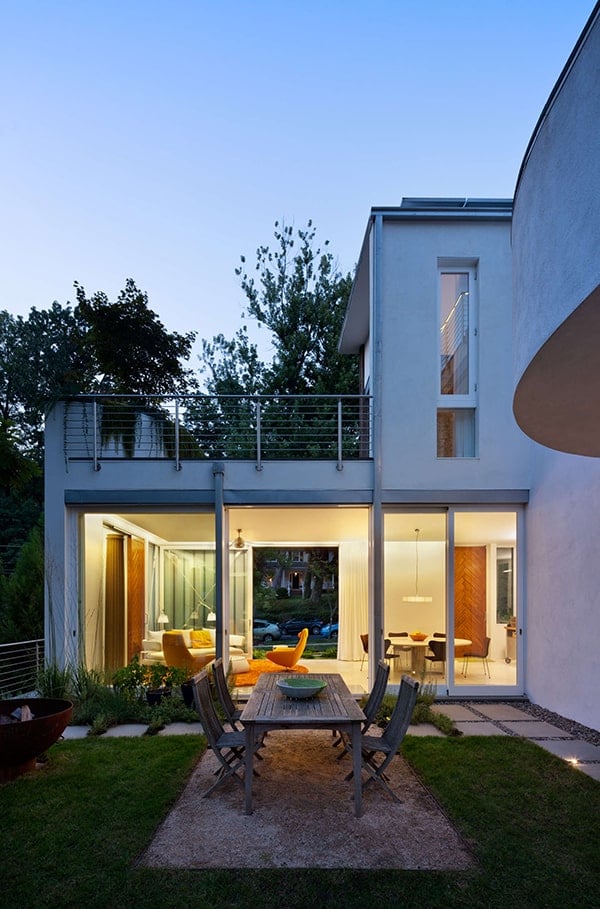
Located in an established neighborhood of mostly conventional houses, this project provokes a new way of thinking about how we design, build, and live. The house is an integrated part of the landscape, a testimony to building sustainably without sacrificing comfort and beauty.

Photos: Michael Moran


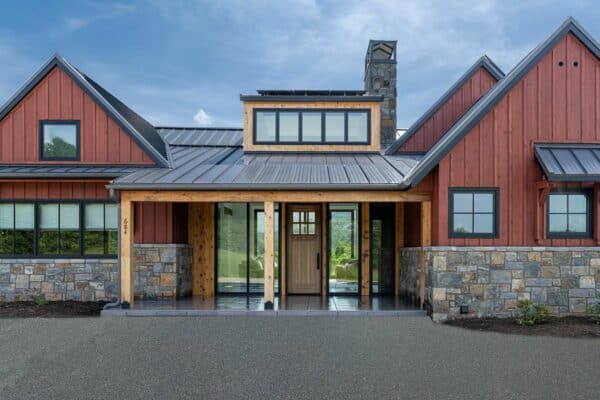
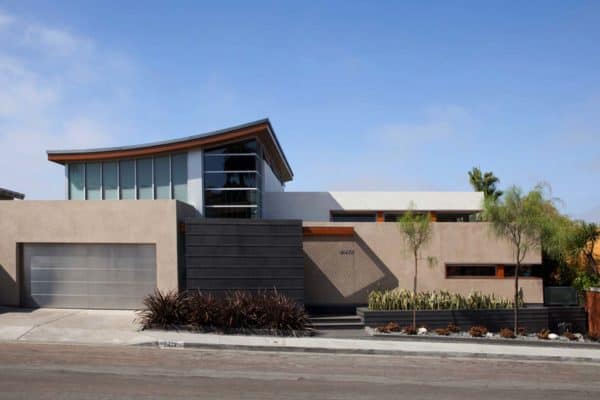
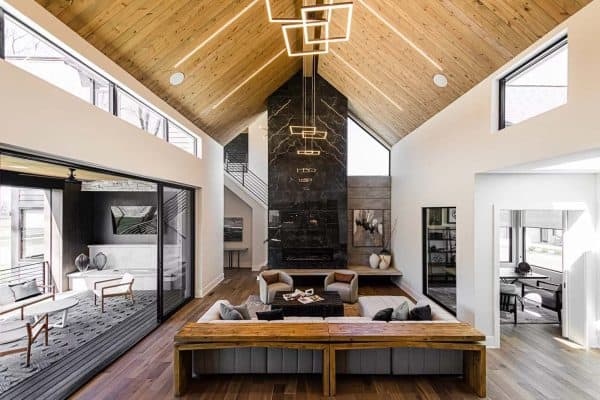
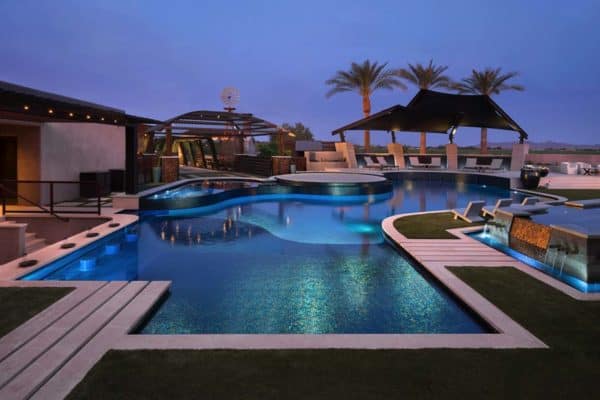


0 comments